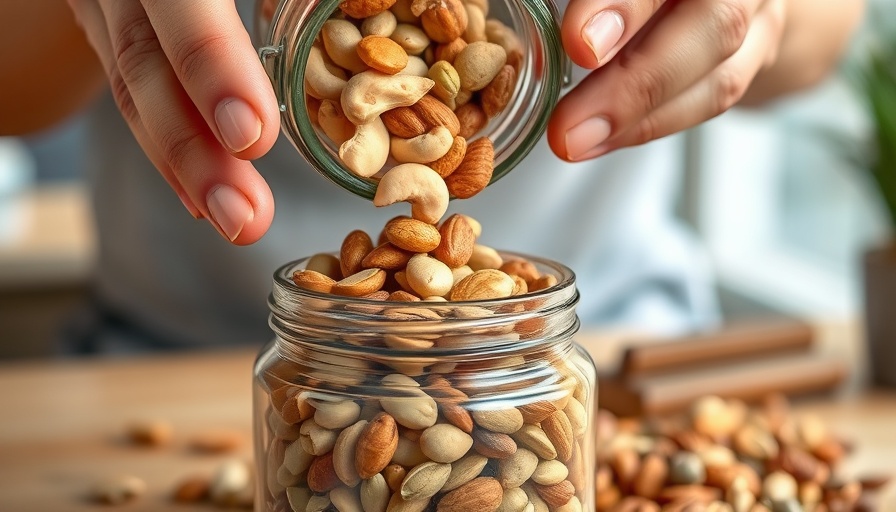
Do Nuts and Seeds Really Cause Diverticulitis?
For many years, a widespread belief has been circulating that eating nuts and seeds can lead to diverticulitis, a painful digestive condition characterized by inflammation of the diverticula (small pouches that can form in the walls of the colon). Health professionals often advised avoiding these foods to prevent flare-ups. However, the latest research suggests that this fear might be misplaced. A study from Harvard University provides compelling evidence indicating that nuts and seeds could actually be beneficial for digestive health.
The Surprising Findings from Recent Research
The Harvard study tracked the dietary habits of over 47,000 men for several decades and revealed that individuals who regularly consumed nuts, seeds, and popcorn had a significantly lower risk of developing diverticulitis. Specifically, those who ate more than 1 ounce of nuts or seeds per week had a 25% lower chance of experiencing the condition compared to non-consumers. This evidence may shift long-held perceptions and encourage a rethink about these nutrient-packed foods.
The Nutritional Power of Nuts and Seeds
Nuts and seeds are not only delicious but also packed with essential nutrients. They are excellent sources of fiber, healthy fats, protein, vitamins, and minerals. Fiber is especially important for gut health as it aids in digestion and promotes regular bowel movements. By reducing inflammation and supporting intestinal health, these foods may indeed play a role in preventing diverticulitis rather than causing it.
Counterarguments: The Other Side of the Story
While the Harvard study presents significant findings, it’s essential to consider differing perspectives. Some healthcare providers still express caution regarding nuts and seeds, particularly for those who already have an existing condition. They argue that although these foods are generally healthy, individuals should approach their diet with mindfulness, especially if they have had a history of diverticulitis. Moderation is key—it’s crucial to listen to your body and consult with medical professionals about dietary choices.
The Bigger Picture: Embracing a Balanced Diet
Ultimately, what this discussion highlights is the importance of a balanced diet. Rather than fearing specific foods, it's more advantageous to focus on incorporating a variety of healthy options into our meals. Alongside nuts and seeds, consider adding fruits, vegetables, whole grains, and legumes. Such diversity not only helps in preventing digestive disorders but also promotes overall well-being.
Practical Tips for Including Nuts and Seeds in Your Diet
If you’re looking to incorporate nuts and seeds into your diet, here are some practical tips:
- Snacking Smart: Keep a handful of mixed nuts or trail mix handy for a quick snack. This can be a healthier alternative to processed snacks.
- Add Texture to Meals: Sprinkle seeds on salads, yogurt, or oatmeal for added crunch and nutrition.
- Experiment with Smoothies: Blend nut butter into smoothies for a delicious and nutritious boost.
By taking these small steps, you can enjoy the benefits of these foods while maintaining a positive relationship with your diet.
Final Thoughts on Nut and Seed Consumption
In conclusion, the conversation around nuts, seeds, and diverticulitis is evolving. As more studies emerge, it becomes clear that these foods can be a valuable addition to a healthy diet. So, if you're wondering whether to include nuts and seeds in your meals, rest assured, they might just be the ally your digestive health needs!
By making informed choices and fostering a diverse diet, we can all take significant steps toward better health. Always stay curious about nutrition and how it relates to your well-being—every little bit helps!
 Add Row
Add Row  Add
Add 




 Add Row
Add Row  Add
Add 

Write A Comment